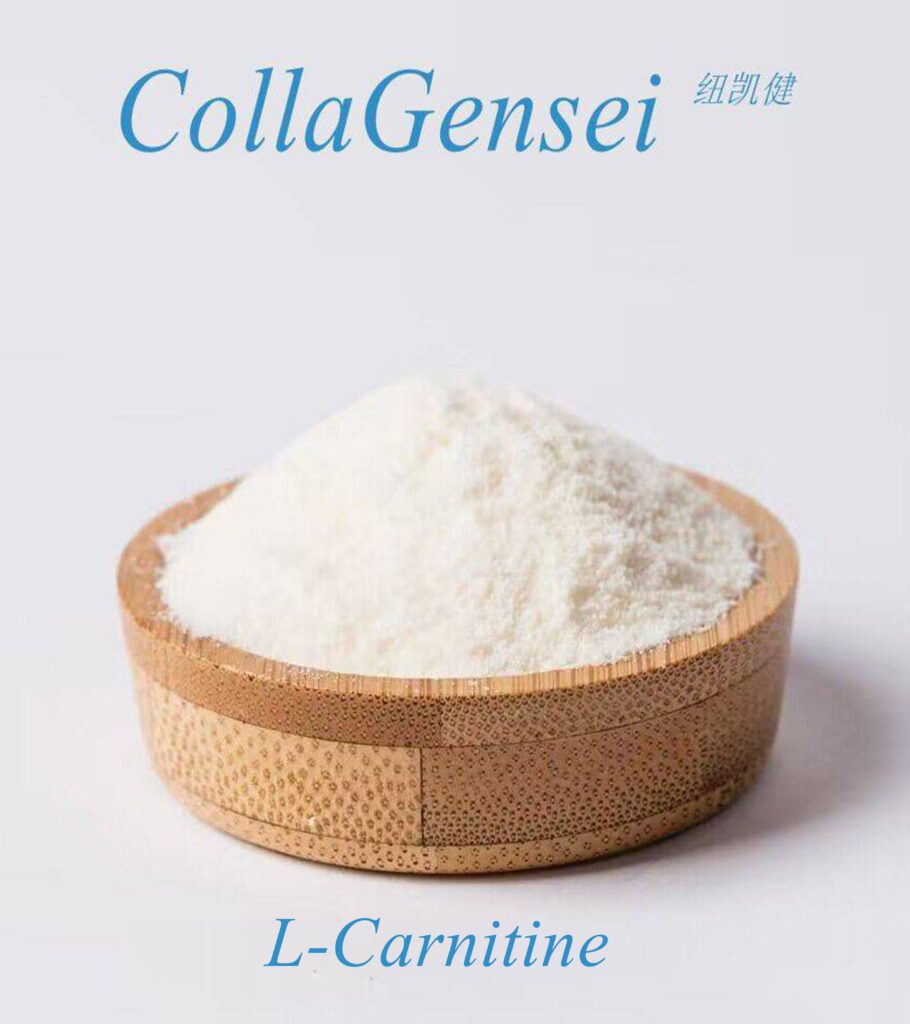What is Brown Rice Protein?
What is Germinated Brown Rice Protein Powder?
Both germinated brown rice protein powder and brown rice protein are popular plant-based protein supplements, especially for individuals seeking dairy-free, gluten-free, and vegan protein sources. While they come from the same source—brown rice—there are key differences in their processing and potential health benefits. Let’s break down the distinctions and benefits of each.
Brown Rice Protein
Brown rice protein is a plant-based protein derived from whole brown rice. The process typically involves extracting the protein from brown rice by removing the carbohydrates (the starch) and isolating the protein content.
- Source: Whole grain brown rice.
- Protein Content: Brown rice protein is typically around 80% protein by weight, though this can vary by brand.
- Amino Acids: Brown rice protein is a complete protein in terms of essential amino acids, though it is often lower in lysine, one of the amino acids that is typically limiting in plant-based proteins.
Uses of Brown Rice Protein:
- Popular in vegan and vegetarian diets as a protein supplement.
- Often used in protein bars, shakes, and smoothies.
- Ideal for individuals with food sensitivities to dairy, gluten, or soy.
Benefits:
- Supports muscle recovery and growth.
- Provides a plant-based alternative to animal protein.
- Promotes satiety and supports weight management.
- May support overall cardiovascular health due to its low fat and cholesterol-free nature.
Germinated Brown Rice Protein Powder
Germinated brown rice protein powder is derived from brown rice that has been soaked and allowed to germinate (sprout) before being processed into protein powder. This germination process increases the bioavailability of certain nutrients and changes the protein’s structure, making it easier for the body to digest and absorb.
- Source: Germinated (sprouted) brown rice.
- Protein Content: Similar to standard brown rice protein, germinated brown rice protein typically has about 80% protein by weight, but the germination process may increase the nutrient density.
- Amino Acids: Germinated brown rice protein still contains all essential amino acids but has a higher concentration of lysine than regular brown rice protein, making it a more complete source of protein.
Uses of Germinated Brown Rice Protein:
- Often used in high-quality protein powders aimed at improving digestibility.
- Added to smoothies, shakes, or energy bars for a nutrient-dense plant-based protein.
Benefits:
- Improved digestibility due to the breakdown of phytic acid and other anti-nutrients during the germination process.
- Higher lysine content, making it a more complete plant-based protein compared to regular brown rice protein.
- Contains higher antioxidant levels, particularly from the germination process.
- Can support muscle recovery and growth similarly to brown rice protein, with the added benefit of enhanced nutrient absorption.
- Suitable for those with sensitive digestion or looking for easier absorption of plant-based proteins.
Key Differences Between Germinated Brown Rice Protein and Brown Rice Protein
| Feature | Brown Rice Protein | Germinated Brown Rice Protein Powder |
|---|---|---|
| Source | Whole brown rice | Germinated (sprouted) brown rice |
| Protein Content | Approximately 80% protein by weight | Approximately 80% protein by weight |
| Amino Acid Profile | Complete protein but lower in lysine | Complete protein with higher lysine |
| Digestibility | May be harder to digest due to anti-nutrients like phytic acid | Easier to digest due to germination process breaking down anti-nutrients |
| Bioavailability | Standard absorption rate | Improved absorption due to germination process |
| Nutrient Density | Contains protein, fiber, vitamins, and minerals | Higher concentration of antioxidants and nutrients due to germination |
| Taste and Texture | Mild, slightly nutty flavor | Slightly milder and smoother texture; may be easier to mix |
| Digestive Benefits | Generally good, but can be challenging for sensitive digestions | Easier on the stomach, especially for those with digestion sensitivities |
| Antioxidant Content | Moderate, but less than germinated version | Higher antioxidant levels from the sprouting process |
| Cost | Usually more affordable | Typically more expensive due to the additional processing |
| Common Uses | Shakes, smoothies, energy bars | Shakes, smoothies, high-quality protein powders |
Benefits of Germinated Brown Rice Protein vs Brown Rice Protein
Brown Rice Protein:
- Protein Content: Brown rice protein provides a solid source of plant-based protein that is high in essential amino acids and supports muscle recovery and growth.
- Digestive Health: It is generally easier to digest compared to animal-based proteins like whey, but the presence of anti-nutrients like phytic acid can reduce nutrient absorption slightly in sensitive individuals.
- Weight Management: High in fiber, it promotes feelings of fullness, helping with weight control.
- Vegan-Friendly: Ideal for individuals following a plant-based diet or those with food sensitivities to gluten, soy, or dairy.
Germinated Brown Rice Protein:
- Improved Digestibility: The germination process breaks down anti-nutrients like phytic acid, making the protein more bioavailable and easier to digest and absorb.
- Higher Lysine Content: Germinated brown rice protein has a higher concentration of lysine, making it more balanced and closer to a complete protein, especially compared to regular brown rice protein.
- Antioxidants: The germination process increases the concentration of beneficial compounds, particularly antioxidants, which can help reduce oxidative stress and support overall health.
- Better for Sensitive Digestion: Easier on the digestive system for those who have sensitivities to standard rice protein.
- Nutrient-Dense: It offers more nutrients in addition to protein, such as fiber, vitamins, and minerals, due to the germination process.
Which is Better: Germinated Brown Rice Protein or Brown Rice Protein?
- If you are looking for a highly digestible protein with improved amino acid balance (particularly lysine) and additional antioxidant benefits, germinated brown rice protein is a better option. It’s especially suitable for people with sensitive digestion or those who are looking for a more complete plant-based protein.
- If you are on a budget and don’t mind a slightly less bioavailable protein, regular brown rice protein can still provide a solid protein source for your diet, particularly if your focus is on a vegan or allergy-friendly alternative to dairy-based proteins.
In summary, germinated brown rice protein may offer a more nutrient-dense and digestible option, making it particularly suitable for those with sensitive digestion, while brown rice protein is a great, more affordable plant-based protein for those seeking general muscle and health benefits.




